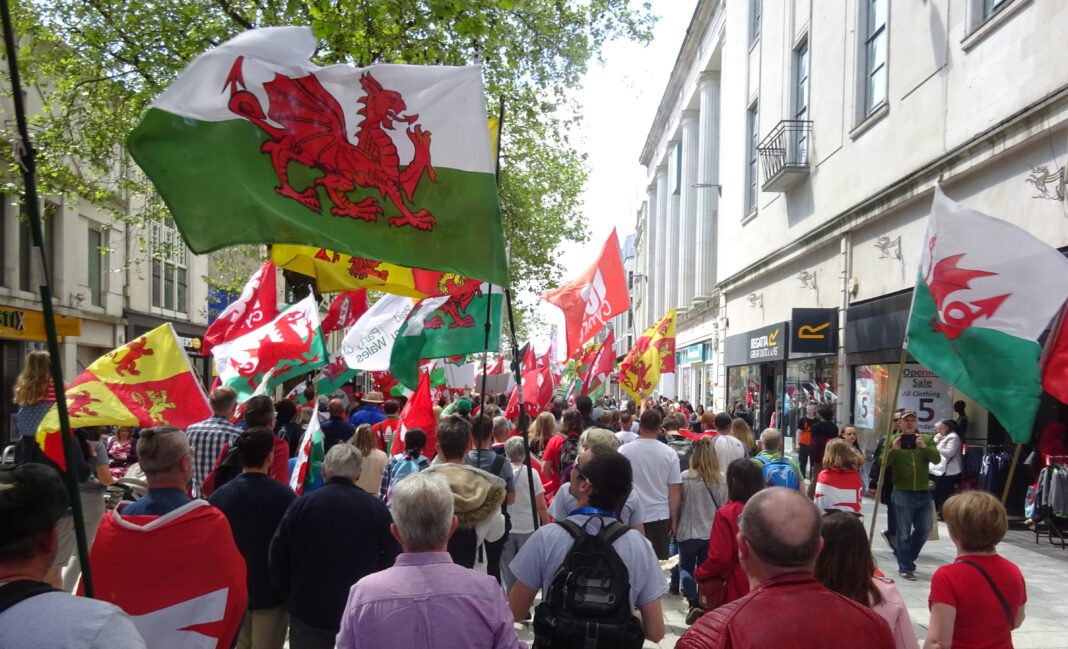The Rising Voice of Welsh Independence
The conversation around an independent Wales has been growing steadily in recent years. For decades, the idea was considered fringe — a romantic notion wrapped in red dragons and national pride. But now, with movements like YesCymru gaining traction and younger generations more politically engaged than ever, independence is no longer just a dream for some — it’s a very real political talking point.
While questions of governance, economy, language, and identity are all central to this conversation, one recurring question remains:
How much does Wales actually give to the British Crown — and what would change under independence?
Wales and the Crown: What’s the Connection?
Unlike England, Scotland, or Northern Ireland, Wales doesn’t currently have a separate legal identity as a country in the eyes of the UK constitution. It is often described as a “principality,” though this is a historic term, not a political one. The title “Prince of Wales” has been used since 1301, most recently by Prince William following the passing of Queen Elizabeth II.
But while the royal title is symbolic, the question of money is not.
So… How Much Does Wales Give the Crown?
Here’s where it gets interesting — and tricky.
There is no direct, transparent breakdown of how much money Wales alone contributes to the Crown, because most financial data is aggregated at a UK-wide level. However, we can infer a few things based on public records and proportional estimates.
🔹 The Sovereign Grant:
This is the funding mechanism that supports the official duties of the Royal Family. In 2023–24, the Sovereign Grant was £86.3 million — funded entirely by UK taxpayers. That money supports royal events, maintenance of palaces, travel, and staff salaries.
Wales, as part of the UK, contributes its population-based share of that.
Estimated Welsh contribution to the Sovereign Grant (based on population):
Wales makes up around 4.7% of the UK population, which would equate to roughly £4–5 million per year.
🔹 Crown Estate in Wales:
The Crown Estate owns land and property across the UK, including some coastal areas and seabeds in Wales. Revenue from the Crown Estate goes to the Treasury, and 25% of that income becomes the Sovereign Grant.
In 2022–23, Crown Estate holdings in Wales generated around £9.7 million — mainly from energy leases and land management. However, unlike in Scotland (where Crown Estate revenues are devolved to the Scottish Government), the Welsh Government does not currently control these funds.
So, the profits from Welsh natural resources managed by the Crown do not stay in Wales — they go to Westminster.
What Would Change with Independence?
If Wales were to become independent, several financial and legal shifts would likely happen:
-
Crown Estate control: Wales could follow Scotland’s lead and reclaim control over its portion of the Crown Estate. That means millions in revenue from Welsh land and sea would remain in Wales.
-
No longer funding the Sovereign Grant: Wales would no longer be obligated to contribute to the funding of the British monarchy — though it would depend on whether Wales chose to become a republic or retain a symbolic monarch.
-
National budget control: An independent Wales would gain full fiscal control, allowing it to restructure taxation, royalties from natural resources, and foreign investment.
Is It Just About Money?
No — but money matters.
For many supporters of independence, the idea goes beyond budgets. It’s about identity, accountability, and fairness. Why should Wales — a country with its own language, culture, and history — be tethered to decisions made in Westminster, or continue to generate wealth for institutions it doesn’t control?
Opponents argue that Wales currently receives more in UK public spending than it contributes in taxes — but that too is debated. Pro-independence economists point out that structural underinvestment and lack of fiscal autonomy skew the numbers.
Final Thoughts
The amount Wales contributes to the Crown may seem small on paper — a few million a year. But symbolically and practically, it raises big questions.
-
Should the wealth of Wales’ land and sea stay in Wales?
-
Should the Welsh Government have full control over its resources?
-
And should the people of Wales have a direct say in where their money goes?
As the conversation around independence continues, these are the questions that won’t go away.
Welcome to www.network.wales
We’re your new go-to platform for connecting communities across Wales—through local news, petitions, events, and meaningful conversations.
Have something to share?
Whether you're passionate about writing, have a story to tell, or just want your voice heard, we’d love to hear from you! Contact Us Here or email: [email protected]

